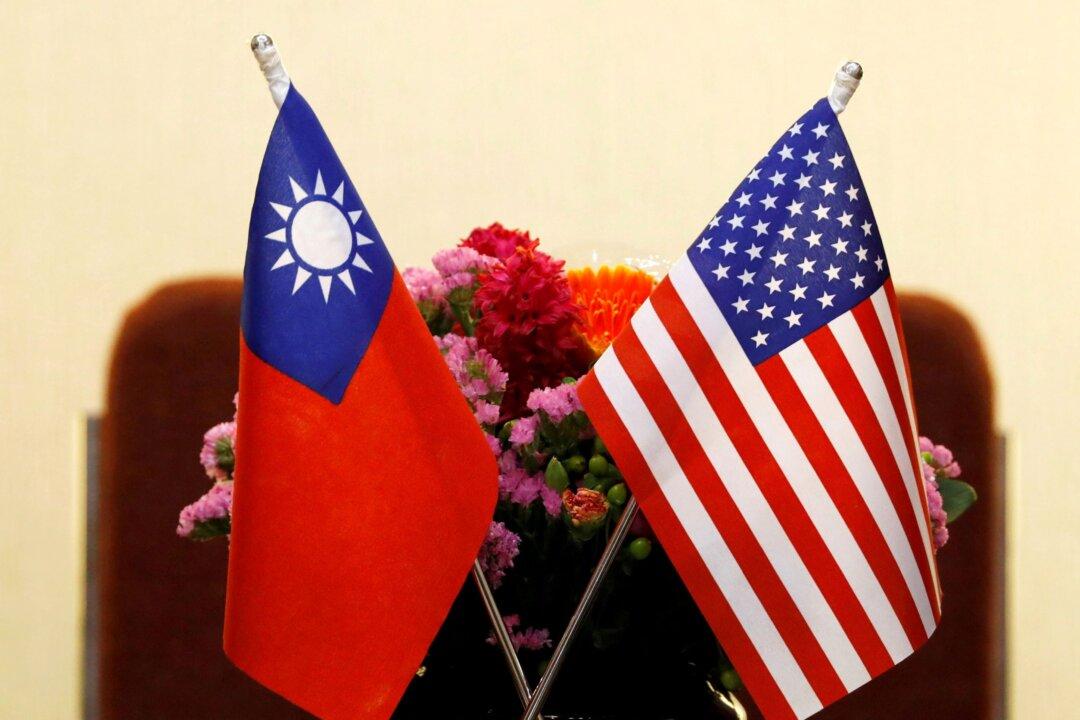Two hundred members of the U.S. House of Representatives have shown their support for Taiwan’s inclusion in the Indo–Pacific Economic Framework (IPEF) that the Biden administration plans to launch early this year.
In a letter (pdf) sent to Commerce Secretary Gina Raimondo and U.S. Trade Representative Katherine Tai, the bipartisan group of lawmakers said there are a “compelling” number of reasons in favor of Taiwan’s participation in the IPEF, part of the Biden administration’s vision to ramp up economic engagement in that vital region.




